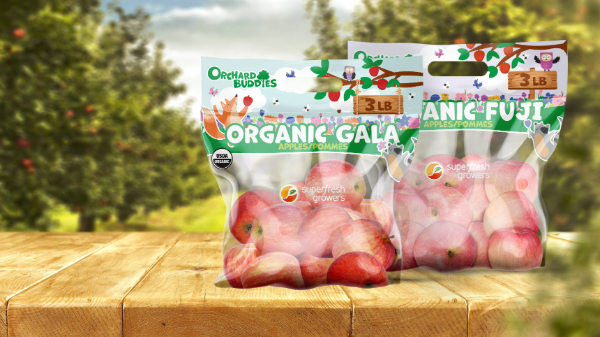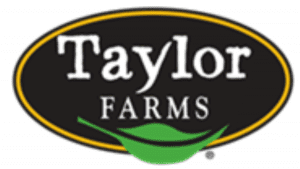Welcome to Blue Book!
Are you ready to join the thousands of companies who rely on Blue Book to drive smarter decisions? View our plans and get started today!
Still have questions? We’d love to show you what Blue Book can do for you. Drop us a line– we’ve been waiting for you.

Pierre Lafaille, sales manager at J.E. Fortin, Inc., a carrier located in St. Bernard de Lacolle, Quebec, says finding an appropriate location to sanitize a truck may not be so easy. Given the often tight scheduling between loads, this could prove problematic for some carriers.
For Daniel Guinois, vice president of Centre Maraicher Eugene Guinois Jr., Inc., a grower and wholesaler in St. Clotilde de Chateauguay, traceability is the larger concern for his business—which begins as soon as his growers prepare the ground for a crop, and continues until the product is shipped with a code number.
Coming from another perspective is Emmanuel Eveno, an inspector for FE Produce Inspection, Inc. in Berthierville, who reports the number of chain stores asking for facilities to be accredited by food safety programs (such as Primus Labs) continues to rise, which in turn affects the entire produce supply chain, from field to fork. Such demands from retailers, like Walmart’s early adoption of a traceability program for suppliers, will keep inspectors and auditors increasingly busy.
Labor & Politics
Labor, which is primarily sourced from Mexico and Guatemala, poses challenges for Canadian growers as well. One regulation in particular causing problems for growers is a new limit (24 months) on how long workers are allowed to stay in the country. “What is important for growers is stability; you want the same people year after year to train,” says Plante.
In the past, growers have also supplied living quarters to workers, and new regulations are requiring growers to invest in better arrangements, providing apartments of higher quality. “All the paperwork, all the new rules, all the things they ask, make it more difficult for the grower,” explains Plante.
Place des Producteurs du Marché Central
Location: Marché Central, near the intersection of Highways 15 and 40
Hours: Growers arrive at 11:00 pm and leave at 8:00 am; wholesalers arrive later in the night and stay until noon.
Size: 100 growers
Contact Information: (514) 387-8319 or email at apmq@apmquebec.com
Schools, Salad Bars & Politics
In addition to the political hurdles concerning labor and housing arrangements, Perreault and the QPMA face roadblocks of their own. The trade association has been trying to get more salad bars and fresh-cut offerings into schools, and while Perreault says, “the industry is ready,” political wrangling has made it much more difficult to move forward and actually get the healthy foods into area schools.
Recently, QPMA entered into an agreement with the Quebec Industry of Agriculture mandating the availability of more fruit and vegetables in public institutions such as schools and hospitals.
Perreault has been looking into the current circumstances, developing strategies, and determining the barriers to moving forward. “It’s not just the price,” she explains, but the contracts and the mountains of information that must be reviewed by the government. Bottom line, she says, is making the process as easy as possible for growers to get involved and bid on the contracts to supply the schools.
Concluding Thoughts
Despite the hurdles, Montreal’s produce industry is thriving. The various challenges only make those involved work harder to find ways to address them and succeed. The terminal market continues to hum as plans for a potential move inch forward, and the region’s vibrant energy lends itself to fruit and vegetables grown within the province, its neigh-boring regions, and from countries around the world.
Images: Shutterstock








